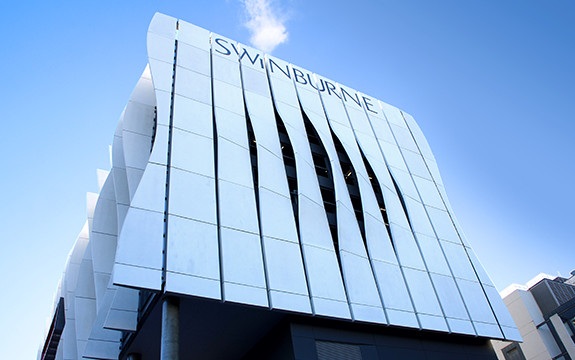Grooming the next-generation forensics researchers

In Summary
An innovative research program is engaging with high performing forensic psychology students during their first year of study and inducting them into the world of research.
Swinburne University of Technology has developed the Forensic Psychology Volunteer Research Assistant Program, inviting the top students to participate.
Dr Diane Sivasubramaniam, Director and founder of the program from the Department of Psychological Sciences, works closely with the students in labs where they are trained in the process of forensic psychology research.
“Australian universities are operating in a highly competitive environment and are challenged with finding innovative ways to attract and engage top-quality students,” said Dr Sivasubramaniam.
“A key principle of this program is the induction of these very bright undergraduate students into the research culture of the University, and is engaging these students directly at the forefront of the research field right from the start."
Students participate in regular lab meetings, write literature reviews for targeted projects, write ethics applications, design materials, collect data and engage in data analysis and interpretation, all under the close supervision and support of academic staff.
Forensic psychology student, Laura Davies, has been assisting Dr Sivasubramaniam’s research on justice reasoning, investigating the factors that influence judges’ decisions about fair outcomes. Laura has already gained hands-on research experience, conducting multiple studies on this topic.
“I have developed a high level of analytical thinking and have learnt many valuable skills that I have applied to my studies. My love for research, nurtured by the program, has encouraged me to pursue this as a career by firstly completing an honours year in 2015,” said Ms Davies.
The students have also presented their work to the Dean of the School of Health Sciences, Professor Janet Hiller who commended the students on their hard work and dedication.
“The program significantly enriches the undergraduate experience of some of our most promising Psychology and Forensic Science students. It is impressive to see these undergraduate students so academically engaged outside, as well as inside, the classroom,” said Professor Hiller.
The program offers students a unique opportunity to broaden their academic experience beyond the classroom, and develop an important relationship with a dedicated academic mentor during their undergraduate years.

